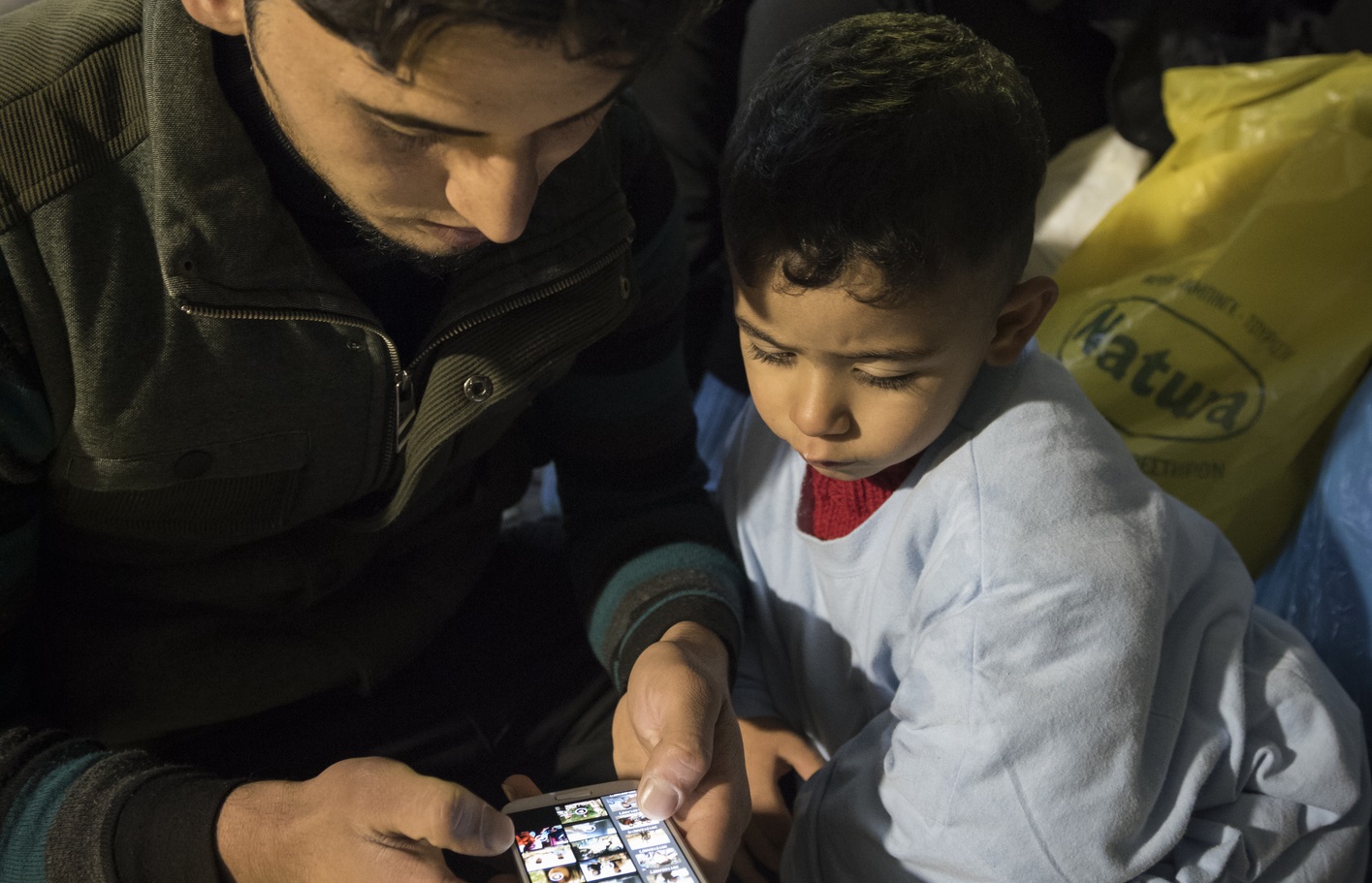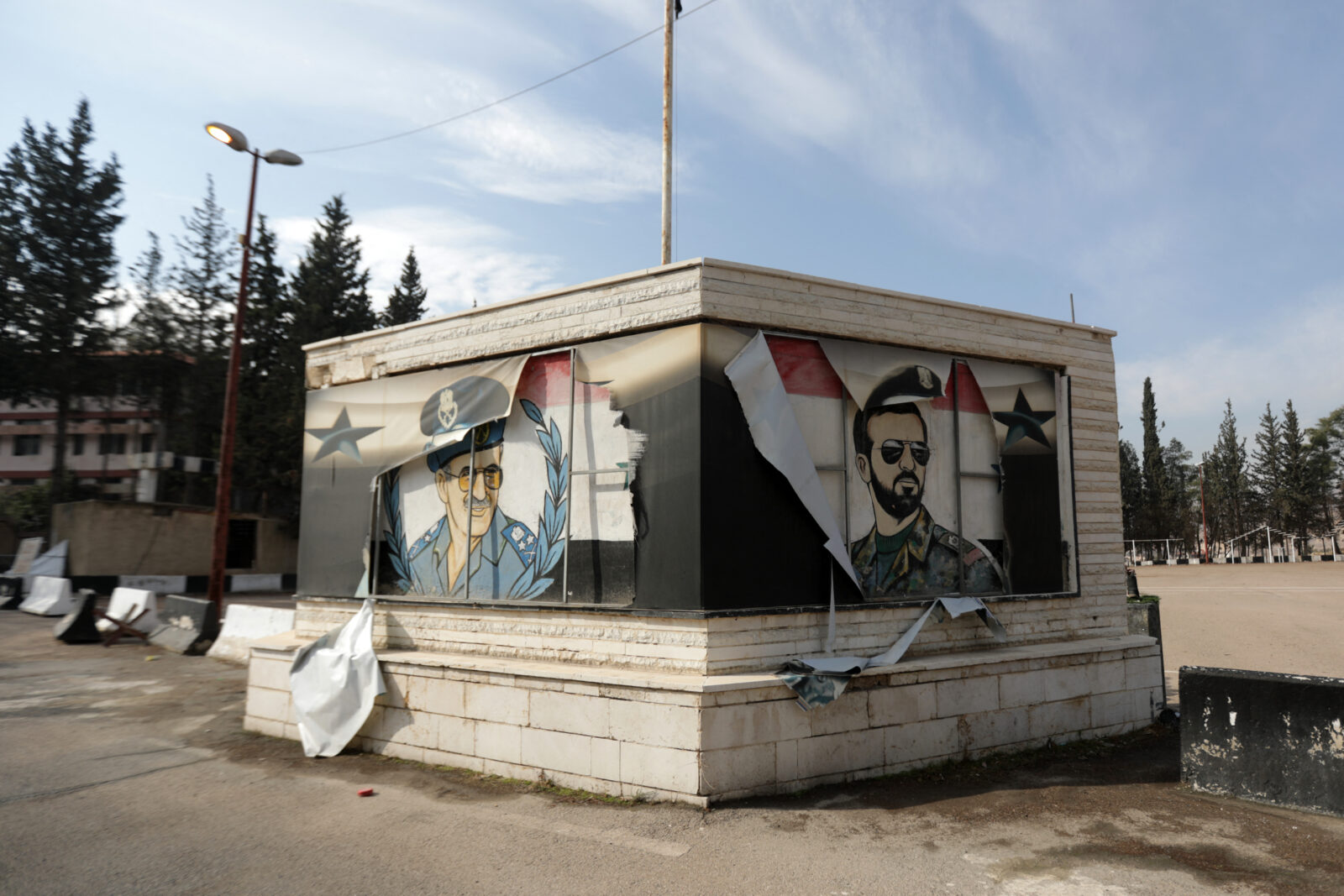
A new study reveals that civil organizing in Syria endured despite the political violence of the civil war that began in 2011 and continued through to the toppling of President Bashar Assad in 2024. Co-written by political scientist Rana B. Khoury from the University of Illinois at Urbana-Champaign, the research highlights the resilience of civil society actors who adapted to new conflict dynamics.
The study argues that civil organizing not only persisted but evolved in response to the brutal conditions of the war. "What we found was the development of something that almost looked like a civil society, both inside Syria and in exile," said Khoury, a professor of political science. The research suggests that Syrians did not just fade away after the brutal repression by the Assad regime; many activists adjusted and found new ways to continue their work, even as violence escalated.

The study, published in Perspectives on Politics, draws on a large-scale dataset of public Facebook posts produced by Syrian organizations between 2011 and 2020. Researchers also conducted fieldwork across Türkiye, Jordan, and Lebanon to examine the full scope of civil organizing efforts, both in conflict zones and refugee areas.
Khoury and co-author Alexandra A. Siegel from the University of Colorado Boulder explored civil activism's geographic, temporal, and substantive variation.
"In wartime, hundreds of organizations emerged, and civil organizing can combine efforts by local actors with those by refugees in border states or by the diaspora," said Khoury. The study shows that civil organizing expanded beyond the usual assumptions, emerging in multiple locations, across time periods, and addressing various causes.
Khoury’s dataset included more than 1,300 Facebook pages, capturing millions of posts from Syrian citizens and organizations during the conflict. Facebook was a vital platform during the 2010s, offering a public space where Syrian civilians could organize, share resources, and connect. “It was a digital ecosystem for Syrian citizens,” Khoury said, offering an unprecedented look into the organizing activities of a nation in crisis.
Through this extensive dataset, researchers gained insight into grassroots initiatives, including humanitarian relief, human rights advocacy, transitional justice, and long-term contributions like development and education. Khoury’s field research in Jordan, Türkiye, and Lebanon furthered her understanding of how these organizations operated under duress, transitioning from underground movements to formal nongovernmental organizations (NGOs) in collaboration with international aid groups.

The study also highlights the remarkable persistence of these civil groups in the face of extreme risks. "Even amid violence, these civil organizing groups didn’t disappear, although they sometimes went underground," said Khoury. "They migrated to other places, usually in rebel-held territory and in refuge, but they didn’t cease to exist."
Many organizations operated in besieged areas, with some offering "underground" schools for displaced children or medical exchanges to deliver supplies to regime-besieged zones. These initiatives were often at risk of being attacked by both the Assad regime and extremist factions, but despite these challenges, the groups persisted and evolved.
Khoury emphasizes that these civil organizations will play a crucial role in Syria's recovery and rebuilding after the war. "These are the kinds of civil organizing groups that will help heal and rebuild Syria in the post-Assad era," she said. The study underscores the resilience and adaptability of civilians in conflict zones and the vital role of grassroots movements in shaping the future of a post-conflict society.
This research sheds light on the enduring power of civil society in wartime and the importance of grassroots movements in the healing process.